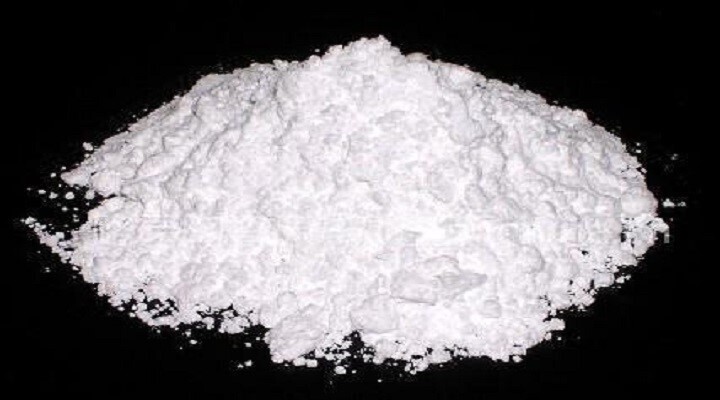您想继续阅读英文文章还
是切换到中文?
是切换到中文?

THINK ALUMINIUM THINK AL CIRCLE

Specialists at the Khomein branch of Islamic Azad University in Iran have successfully produced aluminium fluoride, a compound that helps lower the melting temperature of aluminium. Aluminium fluoride (AlF₃) is a colourless, inorganic compound typically found as a white powder or granules with a density greater than that of water.

"In line with the development of Islamic Azad University, we are pursuing projects that not only contribute to scientific progress but also meet the vital needs of the country," said Mohammad Baqer Tavakkoli, the president of Islamic Azad University in Markazi province.
Its main application is in aluminium production, where it serves as a flux to lower the melting point and enhance the conductivity of the molten electrolyte, leading to reduced energy consumption during electrolysis.
Beyond aluminium manufacturing, aluminium fluoride is also used in ceramics, metallurgy, and various industrial processes. In aluminium production, the extraction process involves refining the ore into pure aluminium oxide, which is then subjected to electrolysis in a molten mixture of aluminium fluoride and cryolite.
"One of these projects is the production of aluminium fluoride, which is a vital material for reducing the melting temperature of aluminium. Also, the Islamic Azad University's Khomein branch, in cooperation with faculty members, has started producing phosphate fertiliser, most of which is supplied through imports, and domestic production can help the country's economy," added Tavakkoli.
Also Read: Ma'aden nears complete control of Saudi aluminium operations
Responses


